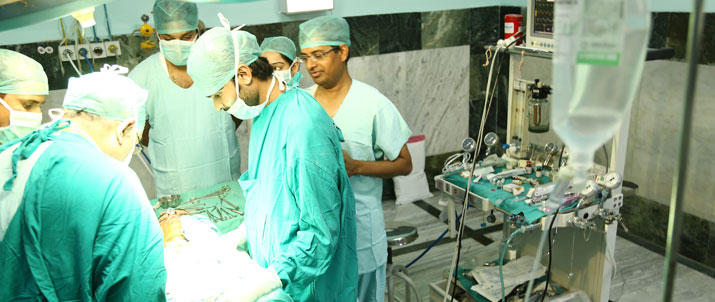
Catheterization laboratory technicians perform their work with other medical professionals in times of cardiovascular surgeries and procedures. They require minimum an associate’s degree in either science or applied science for the basic positions. The popularity of Dialysis Technician Course is increasing day by day.
Who is a dialysis courses ?
These technicians are those professionals, who perform their job in the sector of cardiovascular technology dialysis courses technicians are crucial team members, who help doctors in times of invasive cardiovascular processes including cardiac catheterization, angioplasty, and electrophysiology.
Dialysis courses – Job Description
Cardiovascular technologists spend maximum their working time in operating rooms. Many of the processes they help with have become routine, however, such technologists perform their work in the situations of high stress.
Before the surgery, the technologist is responsible for making sure that the EKG equipment is in the perfect working situation and in times of the process, the technologist will observe the EKG readouts and keep the doctor informed of anything regarded abnormal.
The technologist prepares the patient for the procedure.
In some of the hospitals, the cardiovascular technologist is going to help doctors in times of open heart surgery, and with the pacemakers or stents’ insertion. The technologist will be the person, who will be responsible for the preparation and monitoring the patient in such instances.
Regular non-surgical duties are included with reading and explaining test procedures and describing the processes to patients.
Cardiovascular technologists are revealed to a minor level of radiation in the way of some processes; however, the levels are observed closely and safeguarded against. In times of surgical procedures, maximum time they spend by standing and might be needed to assist lift and moving patients.
Who can go for Catheterization Laboratory Technicians?
Most of the employers need an Associate of Science or Associate of Applied Science degree for the purpose of entry-level employment. Such degrees can be achieved at a junior or community college.
In the first year of study, students need to attend lecture as well as laboratory classes that include cardiovascular physiology, medical instrumentation, and physical principles of medicine. The second year will put significant importance on the technologist’s specialization and incorporate on-campus lectures along with lab work and clinical work in hospitals.
A vast part of the education procedure for the particular specialty is on-the-job training. The specific training can initiate either in time of the degree program or in some scenarios; an employer will employ a pursuing technologist on a work-study basis or on a volunteer basis. If you want to pursue your career in this field, you can search the best college.
In Nutshell
dialysis courses are also known as cardiac catheterization technologists. They perform their work in provisions that operate tests on heart health. They help with the catheters’ insertion into the heart. They are also responsible for estimating and handling special fluids. The dialysis course technician performs their work under the guidance of a physician. To know more about this field, you can search the internet.
